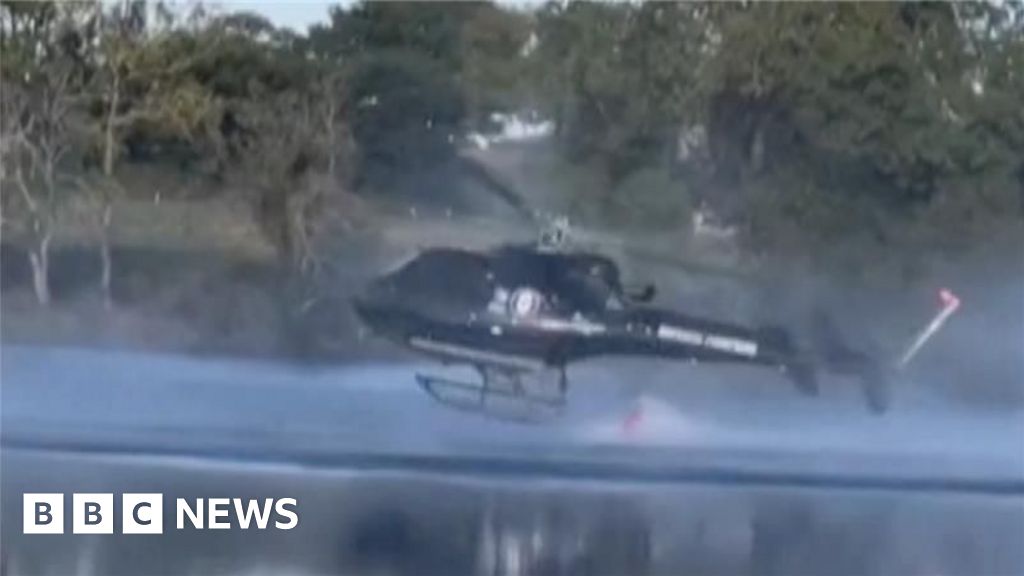Forest fires are increasingly becoming a global crisis, with a significant uptick in the scale of destruction linked to climate change. Research reveals that the years 2023 and 2024 collectively witnessed the most significant forest area loss, with an astounding 78 million acres consumed by flames. This alarming trend has not only released vast quantities of carbon dioxide but also significantly undermined air quality for millions of people living in affected regions.
According to climate scientist John Abatzoglou of the University of California Merced, "Climate change is loading the dice for extreme fire seasons like we’ve seen." This suggests a forward trajectory of more frequent and severe fire incidents globally. The study published in the journal Proceedings of the National Academy of Sciences indicates that the forest canopy lost to fire during these two years was over double the amount lost in any two-year period over the last two decades, underlining the growing intensity of these events.
By utilizing LANDSAT satellite data, researchers identified substantial changes in tree cover between 2002 and 2024, particularly in forested areas. While the overall area burned by wildfires has decreased in recent decades due to human efforts to modify fire-prone landscapes, the incidence of forest fires has alarmingly increased. Specifically, boreal forests suffered more than double the canopy loss in 2023-2024 compared to the previously assessed period, with tropical forests experiencing nearly three times as much loss and North American forests enduring a staggering fourfold increase primarily due to Canadian wildfires.
The ongoing pattern—accelerated destruction of forests at a time when climate change exacerbates drought and heat—highlights a pressing need for global intervention and international cooperation to address the escalating wildfire crisis. What emerges is not only an environmental issue but also a health and socio-economic concern, further complicating recovery efforts and the long-term vitality of affected ecosystems.



















